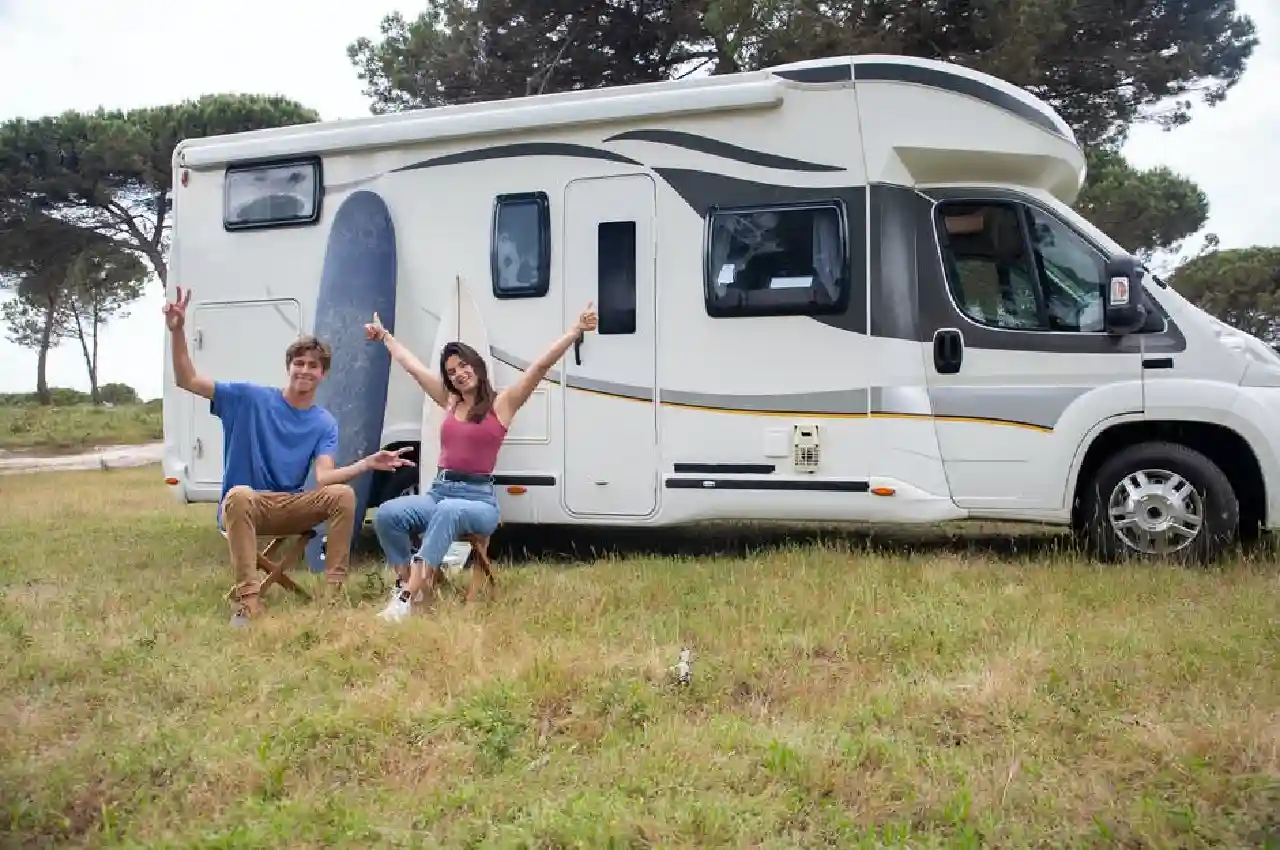NEWS
Love on Wheels: 4 Ideal RV Destinations for Couples

Do you need some new settings for your relationship? Does the feeling of going to the same place each year for your yearly camping trip just not cut it anymore?
RVing is a fantastic new way to travel. Staying at campgrounds is great and all, but where’s the excitement in that?
Check out these great RV destinations for couples. You’ll find fun and fresh ideas for the best RV trips for couples from the pros.
1. Napa Valley, California, USA
Napa Valley, California, USA, is an ideal romantic RV getaway for those who love to travel in an RV. Located in the heart of wine country, Napa Valley offers breathtaking views of vineyards, rolling hills, and winding roads.
During the day, couples can taste wine from some of the world’s best wineries, explore the countryside on a bike, or take a romantic hot-air balloon ride. At night, they can curl up by the campfire, enjoy the starry night sky, and roast marshmallows while listening to the sounds of nature.
And if you’re seeking RVs for rent near Texas, you’ll find plenty of options to choose from for your next romantic road trip.
2. Banff National Park, Alberta, Canada
Banff National Park, Alberta, Canada, is an ideal summer RV trip in love. Surrounded by stunning mountains, crystal clear lakes, and abundant wildlife, this stunning park offers a ton of opportunities for outdoor activities and exploration. The winding roads allow you to take in the breathtaking scenery, and at night, there are plenty of places to park and simply admire the stars.
Couples can use the RV as their base camp, allowing them to easily access any spot in the park they want to explore, whether heading out to spot elk on the Bow Valley Parkway or enjoying a romantic stroll in the meadows as the sun goes down.
3. Amalfi Coast, Italy
This picturesque region in the south of the country is renowned for its breathtaking views, stunning sunsets, and romantic Mediterranean waters. There is no better way to experience the rolling hills, cliff-hugging houses, and quaint fishing villages than by taking an RV trip to explore the many breathtaking sights.
Aside from exploring the Amalfi Coast, couples can enjoy a variety of activities, from truffle hunting and wine tastings to cooking classes. The entire region is famous for its delicious local cuisine.
4. Queenstown, New Zealand
With stunning views across the crystal blue waters of Lake Wakatipu, RV camping here is a charming experience. From the iconic Remarkables mountain range to the nearby Coronet Peak ski field, there is something for everyone to explore in this romantic alpine setting.
After a long day of exploration, settle in a cozy RV campground nearby and get cozy. With excellent hiking and biking trails, lake views, and activities like rafting and jet boating, Queenstown is the ideal destination for couples to explore and fall even more in love.
Start Your Best RV Trips For Couples Today
There is something uniquely romantic about traveling the open road together in an RV. From the bustling parks of the East Coast to the tranquil deserts of the West, many destinations await couples with their RVs in tow.
So, what are you waiting for? Go ahead, hit the road, and explore– you won’t regret it for the best RV trips for couples!
Be sure to take a look at the rest of our site for more information and tips.
Having completed my education in English, I’ve cultivated a successful career as a content writer. My tenure includes valued collaborations with distinguished professional organizations, reflecting my commitment to producing high-quality content.
Contact me on this mail: [email protected]










